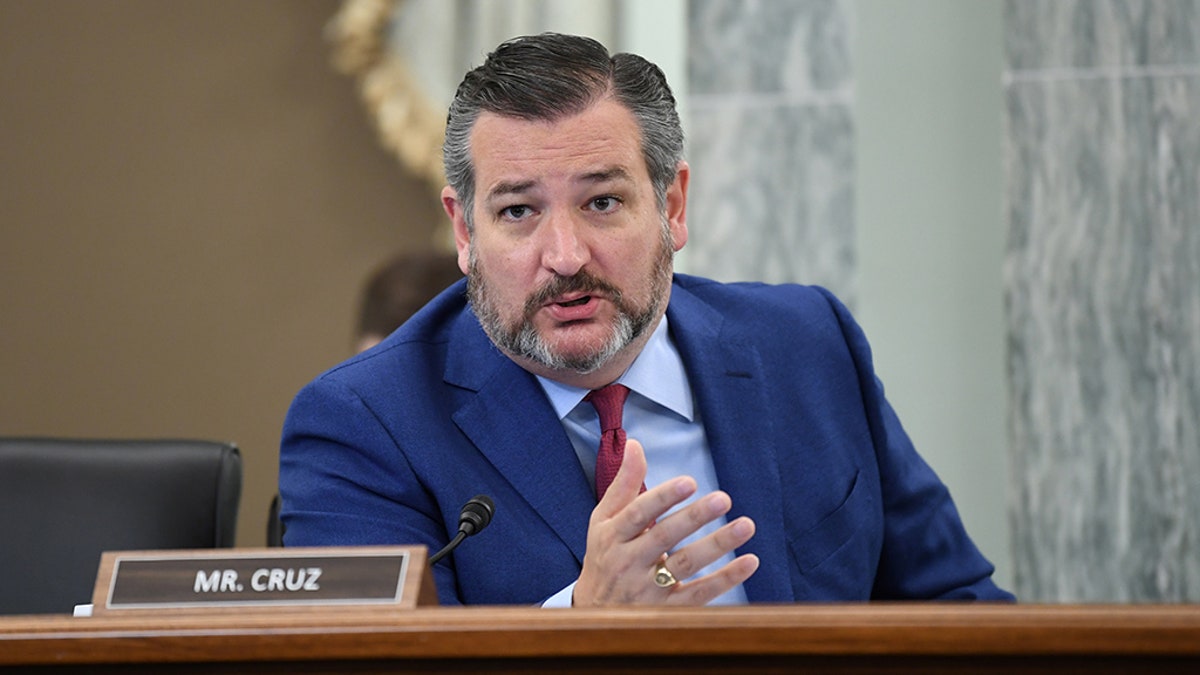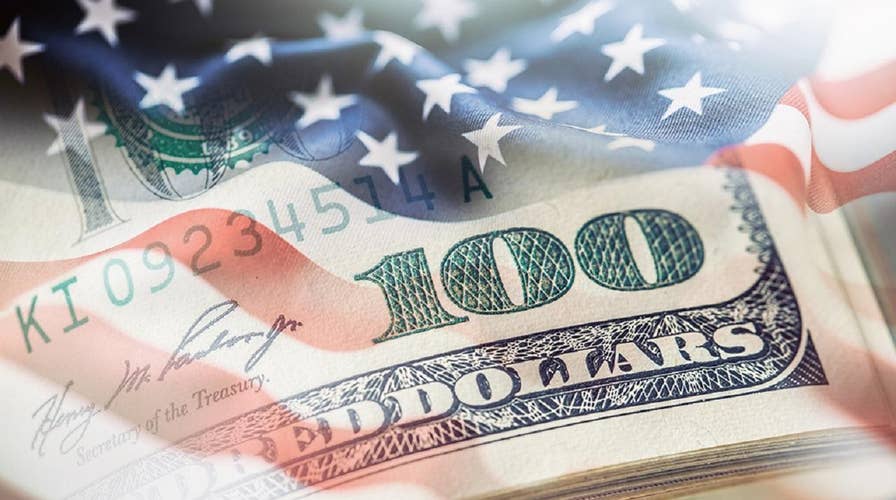Washington Republicans disagree over payroll tax cut, additional spending
Fox News congressional correspondent Chad Pergram breaks down the debate on Capitol Hill over the next round of stimulus, a payroll tax cut and unemployment benefits.
Several conservative Republicans are making their displeasure known over the price tag of the GOP's coronavirus relief proposal after it was revealed that Senate Majority Leader Mitch McConnell's opening salvo in the negotiations would cost about $1 trillion.
McConnell, R-Ky., is expected to begin rolling out the framework for what is a GOP-only proposal on Thursday, which would include a number of bills as Republicans are split on what priorities they should tackle. One of the most divisive points is a payroll tax cut, which is strongly supported by President Trump but which Treasury Secretary Steven Mnuchin said Thursday will not be in the package after opposition from many Republicans. Mnuchin did say the White House would make an effort to come back to the payroll tax cut.
But the payroll tax cut is far from the only controversial hurdle legislators will have to navigate, and some Republican senators have sticker shock from McConnell's initial bid.
WASHINGTON REPUBLICANS DISAGREE OVER PAYROLL TAX CUT, ADDITIONAL SPENDING
"I don't think we should throw out good sense and believe in something the opposite of what we believe in because of this virus," Sen. Rand Paul, R-Ky., told the Fox News Rundown podcast on Wednesday.
He added: "We're looking at 5 trillion in additional debt in one year. You ask any Republican 6 months ago, would it be a good idea to add $5 trillion to the debt? No. Every Republican in the land complained about President Obama, you know, increasing the debt from 10 to 20 trillion over 8 years... It's absurd. It's obscene. And if deficits were bad and a danger to the economy under President Obama, they're just as much of a danger. Just because we have a pandemic doesn't mean deficit is any less dangerous to the economy."
On Tuesday, Paul tore into his fellow Republicans after their weekly policy lunch in which the coronavirus package was discussed. He said it "could be the Bernie bros or a progressive caucus."

U.S. Senator Ted Cruz (R-TX) asks a question at an oversight hearing held by the U.S. Senate Commerce, Science, and Transportation Committee to examine the Federal Communications Commission (FCC). Cruz told CNN he is a 'hell no" on the current Republican coronavirus stimulus plan. (Jonathan Newton/Pool via REUTERS)
Sen. Ted Cruz, R-Texas, told CNN emphatically that he is far away from supporting the bill.
"As it's written tonight, right now, I'm not only a 'no,' I'm a 'hell no,'" he said in an interview. "Sadly, I think this is envisioned as an opening gambit. Everyone expects the Democrats to come back with a huge wishlist of spending."
Sen. Ron Johnson, R-Wis., according to The Hill, opposes "a dime more" of spending until Congress has looked into where the money it has already spent is going. He sent a letter to his colleagues along with Sen. Rick Scott, R-Fla., calling for a further effort to get state and local governments to report back how they are spending the more than $1 trillion the senators said they got from previous packages.
CLICK HERE TO GET THE FOX NEWS APP
"As Congress considers additional ways to help individuals and small businesses that are struggling, it is important to keep in mind that state and local governments are still spending the $1 trillion in taxpayer funds already allocated," they wrote. They added that they "look forward to working with you yo protect taxpayer dollars as we work to recover from this virus and the economic devastation it has caused."
Scott himself made clear that he is willing to block a coronavirus bill over spending concerns.
Despite the trepidation among some Republicans about the cost of the McConnell proposal, most of the details of which are not public yet, their package is significantly less ambitious than the $3 trillion bill House Democrats passed in May. A final bill could include far more than $1 trillion once it's negotiated with Democrats -- Senate Minority Leader Chuck Schumer, D-N.Y., said on CNN Wednesday that Republicans' response to the virus is "dithering."
Fox News' Kristina Biddle and Chad Pergram contributed to this report.













































